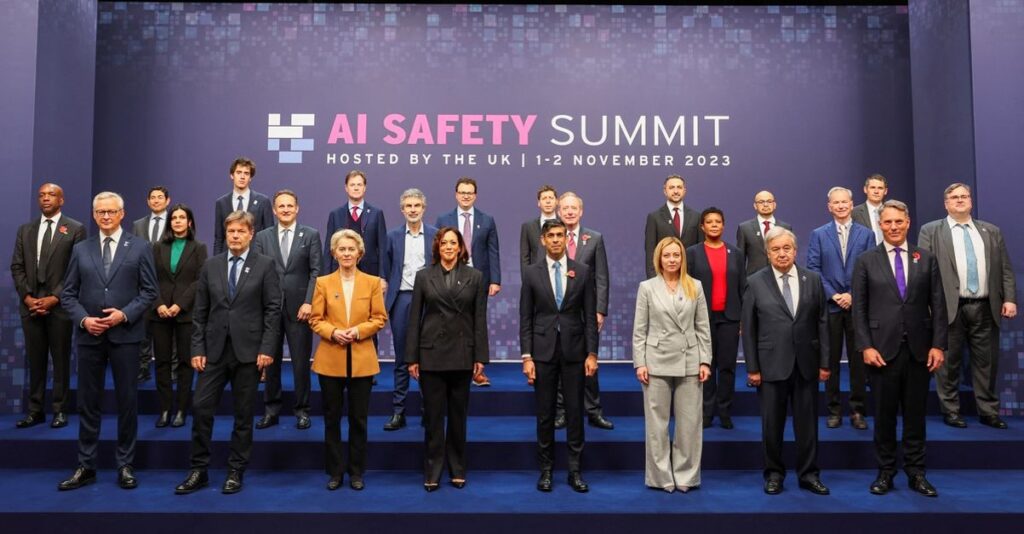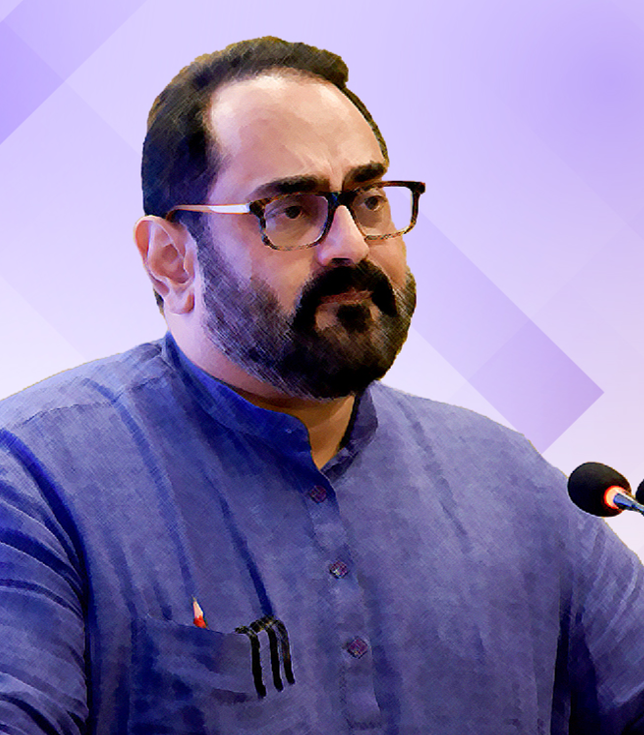GS 3:
SCIENCE &TECHNOLOGY

Why in NEWS?
- Organised to discuss on how to manage the catastrophic risks from frontier AI.
- 28 leading countries have participated at Bletchley Park in the UK.
- By organising this summit, Britain regains its status as a global tech leader as countries like USA and China have already discussed about measures to mitigate AI attacks on people.
But why only Bletchley Park?
Because, Bletchley Park is the place where German ‘ENIGMA CODE’ was cracked and hastened World War II. This symbolises that Britain has always been a Global Tech Leader. When countries like US or China are stepping their foot in the concerns over AI, the UK P.M. also thought of making a mark in this endeavour.
Concerns raised for Frontier AI:
The entire world is concerned over the unethical use of Frontier AI (Highly capable generative AI). Safety, Security and Trust especially in the field of Cybersecurity, and Biotechnology have raised brows of many tech masters and political leaders as well.


What urged for the meet-up?
Global tech leader such as Elon Musk (founder of Space X) and Steve Wozniak (Co-founder of Apple) have raised concerns over the increasing capture of AI in various fields be it Crypto, Biotechnology, Internal Security or any other market. the Space X founder has said that Al can lead to EXISTENTIAL RISK for mankind. more than 15000 tech companies have halted their work on AI development for 6 months to slow down the ‘out of control race’.
Different Countries, Varied Approaches
- EU suggests for a stringent action to be taken and formulation of the AI Act that classifies AI according to use-case scenarios, based broadly on the degree of invasiveness and risk.
The UK is at the other end of the spectrum, with a decidedly “light-touch” approach that aims to foster, and not stifle, innovation in this field.

India’s Stance on dealing with AI
- The NITI Aayog has published a series of papers on ‘Responsible AI for All’.
- India was not considering bringing a law or regulating the growth of AI in the country.
- PM had called for a global framework on the expansion of “ethical” AI tools – actively formulating regulations based on a “risk-based, user-harm” approach. this was done just before the G20 Summit.
- Digital India Bill that is expected to replace the Information Technology Act, 2000


